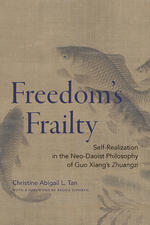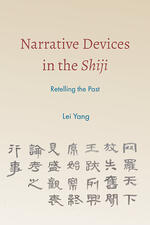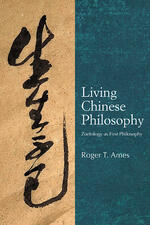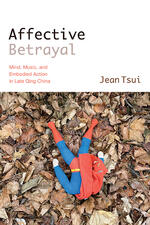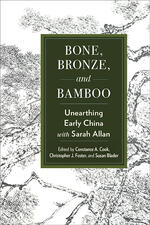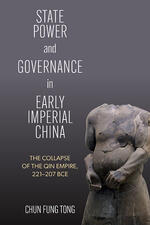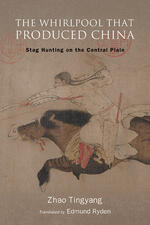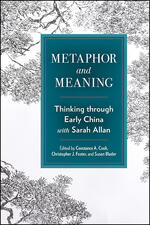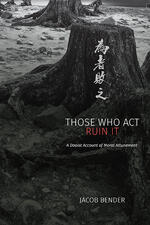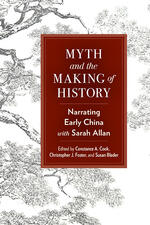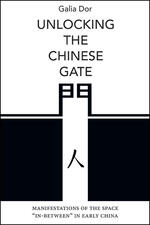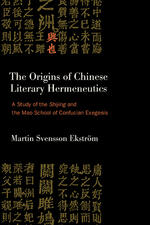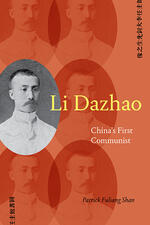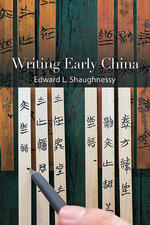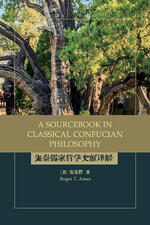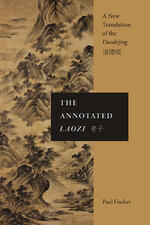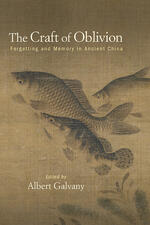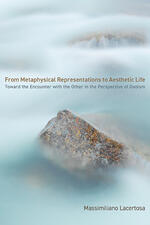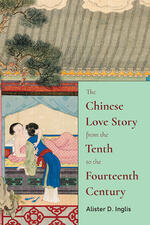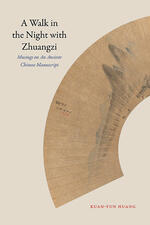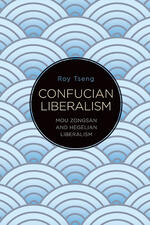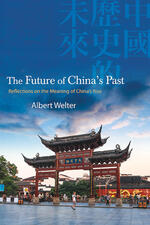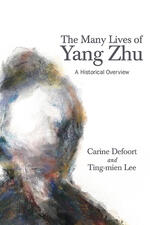SUNY series in Chinese Philosophy and Culture
Celestial Signs and Classical Rhetoric in Early Imperial China
Considers how sign-reading fit into broader understandings of the human and cosmic worlds in Han times.
Freedom's Frailty
Draws on Guo Xiang's commentary on the Zhuangzi to construct an account of freedom that is both metaphysical and political.
Narrative Devices in the Shiji
Provides a new model for reading the Shiji and other early Chinese historical texts.
Living Chinese Philosophy
Contrasts classical Greek ontology ("the science of being in itself") with Confucian "zoetology" ("the art of living").
Affective Betrayal
Seeks to introduce an "affective turn" to the study of China's political modernization process.
Bone, Bronze, and Bamboo
Explores how the tremendous wealth of newly unearthed artifacts and manuscripts have changed our understanding of China's past.
State Power and Governance in Early Imperial China
Offers a new perspective on the first dynasty of imperial China and the reasons for its collapse.
The Whirlpool That Produced China
Provides a philosophical, cultural, and historical answer to the question: Where did China come from?
Metaphor and Meaning
Examines questions of cosmos, society, and self through the metaphors and language of ancient Chinese texts and artifacts.
Those Who Act Ruin It
Presents an iconoclastic account of morality and moral discourse from the perspective of Daoist philosophy.
Myth and the Making of History
Sheds new light on the relationship between myth and history in ancient China and the central role they have played in shaping early Chinese thought.
Unlocking the Chinese Gate
Offers an innovative analysis of gates—as architectural components, visual images, and mental constructs—in early Chinese thought and material culture.
The Origins of Chinese Literary Hermeneutics
Explores how China’s oldest poetry collection was interpreted in a Confucian exegetical text—the Mao Commentary—in the mid-second century BCE.
Li Dazhao
Biography of a major figure in modern Chinese history.
Confucian Iconoclasm
Challenges deep-seated assumptions about the traditionalist nature of Confucianism by providing a new interpretation of the emergence of modern Confucianism in Republican China.
Writing Early China
Considers what unearthed documents reveal about the creation and transmission of knowledge in ancient China.
A Sourcebook in Classical Confucian Philosophy
Applies a method of comparative cultural hermeneutics to let the tradition speak on its own terms.
The Annotated Laozi
A clear translation and helpful explanations illuminate this ancient classic of self-cultivation for a modern audience.
The Craft of Oblivion
Examines the intersections between forgetting and remembering in classical Chinese civilization.
From Metaphysical Representations to Aesthetic Life
Reevaluates Western and Chinese philosophical traditions to question the boundaries of entrenched conceptual frameworks.
The Chinese Love Story from the Tenth to the Fourteenth Century
Traces the development of the Chinese love story during the Song and Yuan dynasties.
A Walk in the Night with Zhuangzi
A complete translation and analysis of "All Things Flow into Form" (Fan wu liu xing), a recently discovered manuscript from the Warring States period (481–221 BCE).
Confucian Liberalism
Offers a renovated form of Confucian liberalism that forges a reconciliation between the two extremes of anti-Confucian liberalism and anti-liberal Confucianism.
The Future of China's Past
Addresses the question of China's rise and what it portends for the future.
The Many Lives of Yang Zhu
Presents the most important portrayals of the Daoist master Yang Zhu throughout Chinese history, from the Warring States period until today.

